How Electric Cars Are Changing Our Lives and What the Future Holds for the Car Industry
The rise of electric cars marks one of the most significant shifts in the automotive industry since the invention of the internal combustion engine. This transformation is not just about switching from gasoline to electricity; it’s about redefining how we think about transportation, energy consumption, and the environment. Let’s explore how electric cars are changing our lives and what the future holds for the car industry.
The Impact of Electric Cars on Our Lives
1. Environmental Benefits
Electric cars (EVs) produce zero tailpipe emissions, significantly reducing air pollution and greenhouse gases. This shift helps combat climate change and improves air quality, benefiting public health, especially in urban areas with high traffic density.
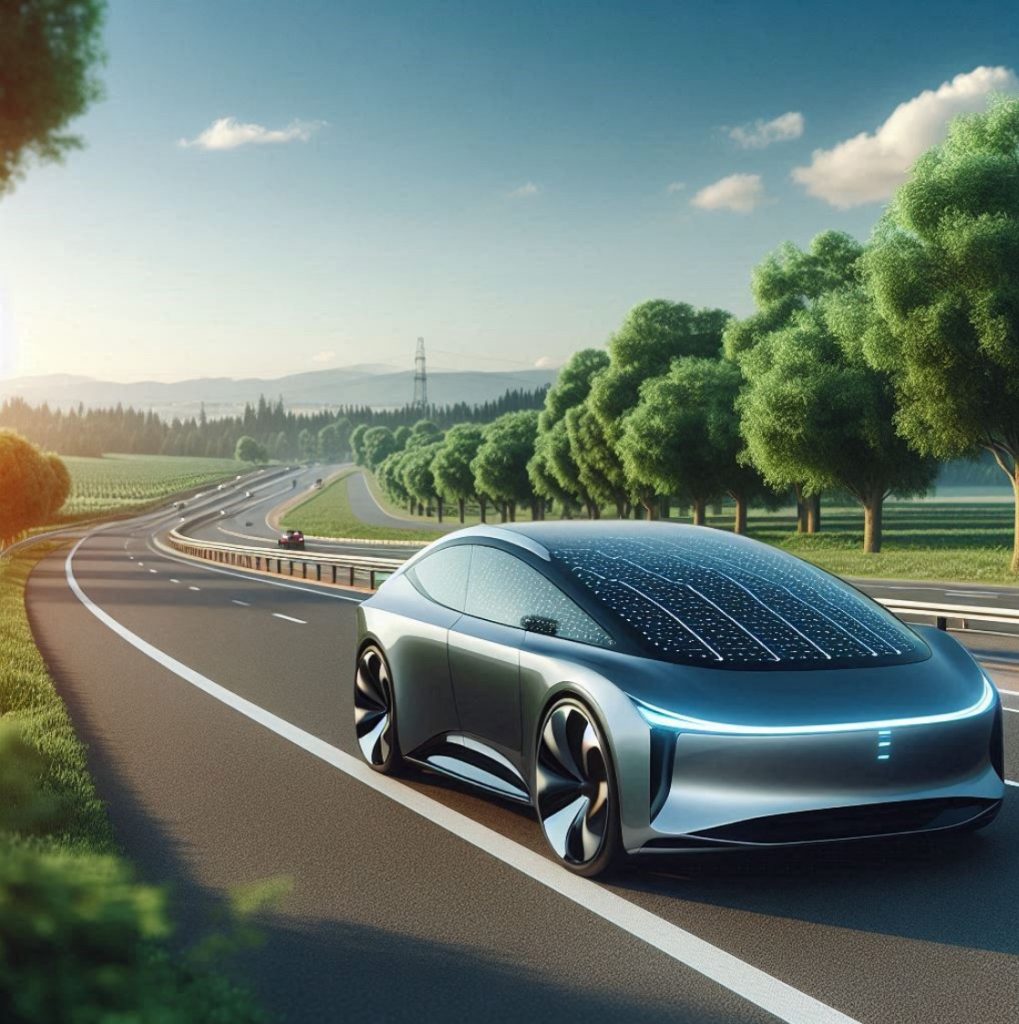
2. Economic Savings
While the initial purchase price of electric cars can be higher than their gasoline counterparts, the cost of ownership is typically lower. EV owners save money on fuel, as electricity is cheaper than gasoline, and on maintenance, since electric cars have fewer moving parts and require less frequent servicing.
3. Energy Independence
Electric cars reduce our reliance on fossil fuels, promoting energy independence. As renewable energy sources like solar and wind power become more prevalent, EVs can be charged using clean energy, further reducing our carbon footprint.
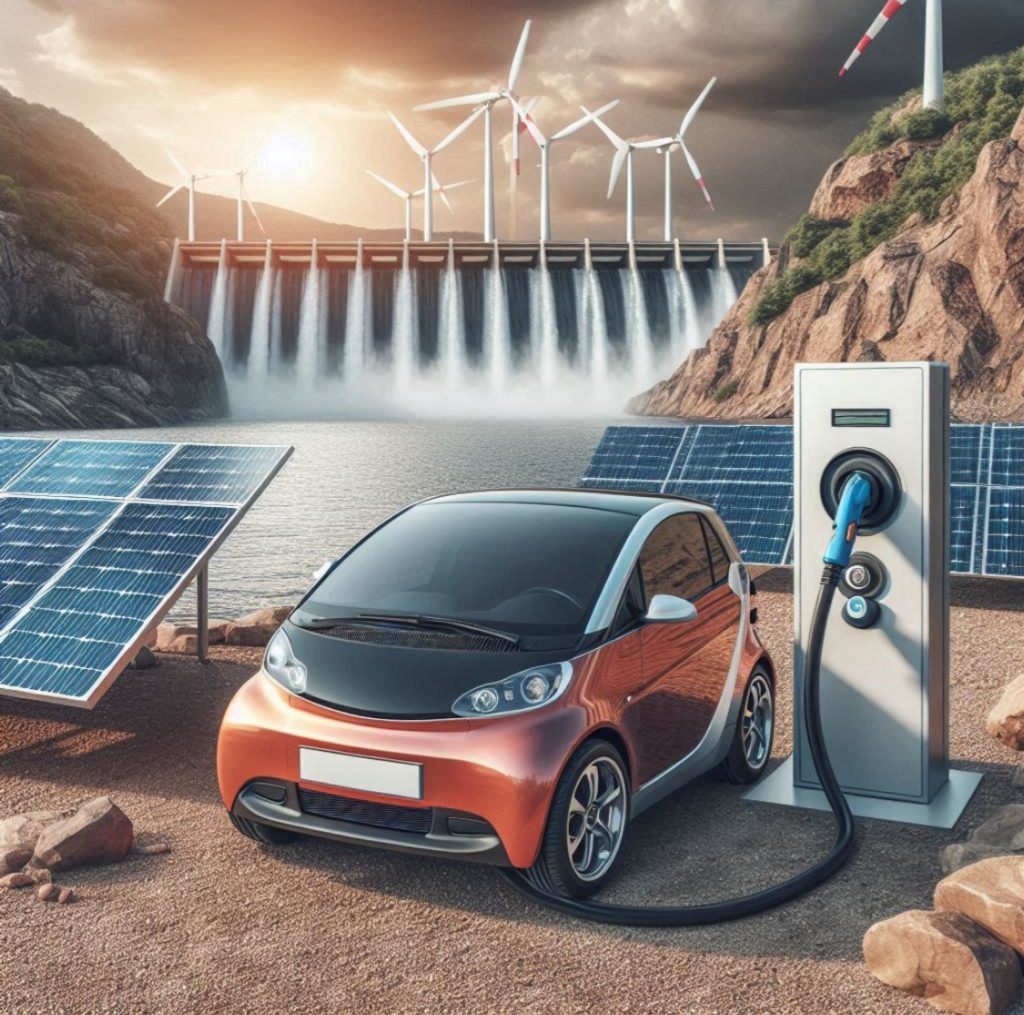
4. Technological Advancements
The development of electric cars has accelerated advancements in technology, such as battery efficiency, energy storage, and smart grid systems. Innovations like regenerative braking, over-the-air software updates, and autonomous driving capabilities are becoming standard features, enhancing the driving experience and vehicle performance.
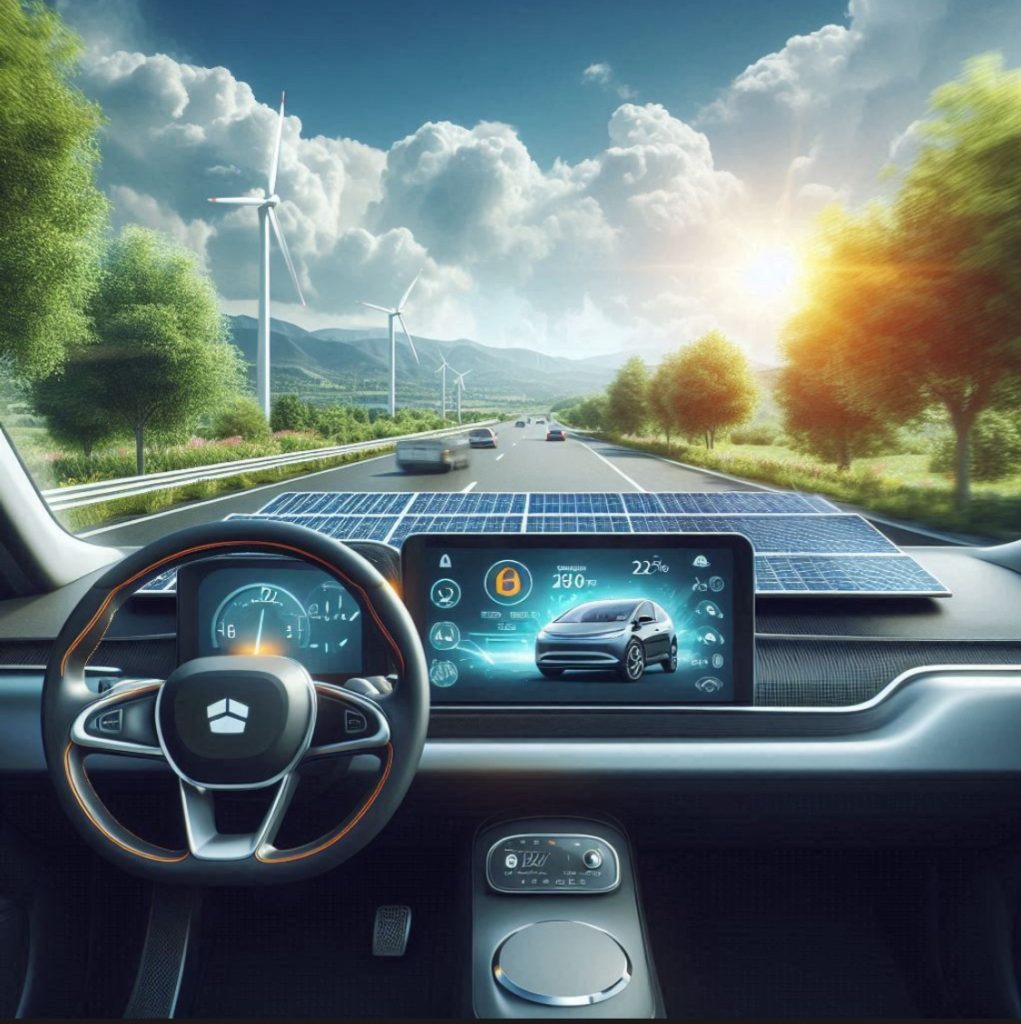
5. Infrastructure Development
The growth of electric cars necessitates the expansion of charging infrastructure. Cities and businesses are investing in public charging stations, and new residential developments often include home charging options. This infrastructure development supports the widespread adoption of EVs and integrates seamlessly into our daily lives.
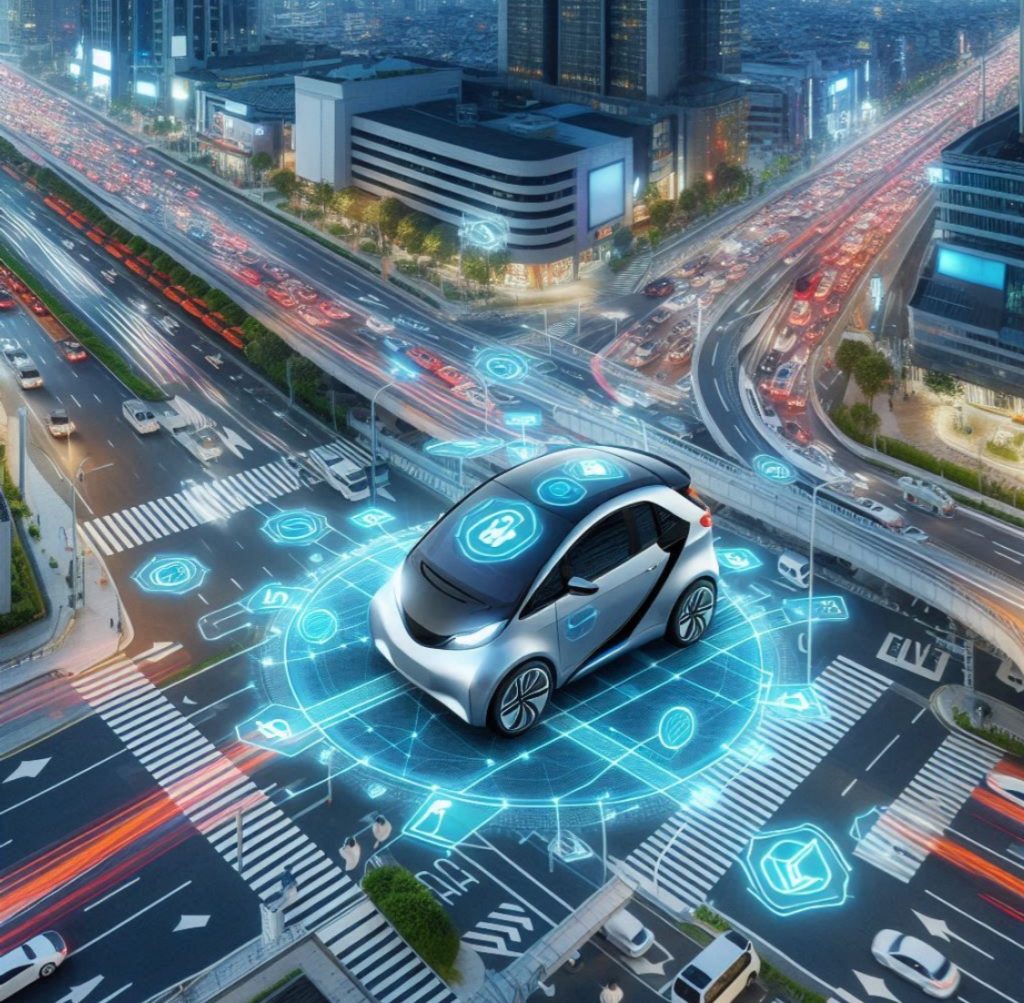
The Future of the Car Industry
1. Increased Adoption and Variety
As battery technology improves and production costs decrease, electric cars will become more affordable and accessible. We can expect a wider variety of models, from compact city cars to luxury SUVs and high-performance sports cars, catering to diverse consumer preferences.
2. Autonomous Vehicles
Electric cars are often equipped with advanced driver-assistance systems (ADAS) and are at the forefront of autonomous vehicle development. The future will likely see fully autonomous electric cars, revolutionizing transportation by reducing accidents, easing traffic congestion, and providing mobility solutions for those unable to drive.
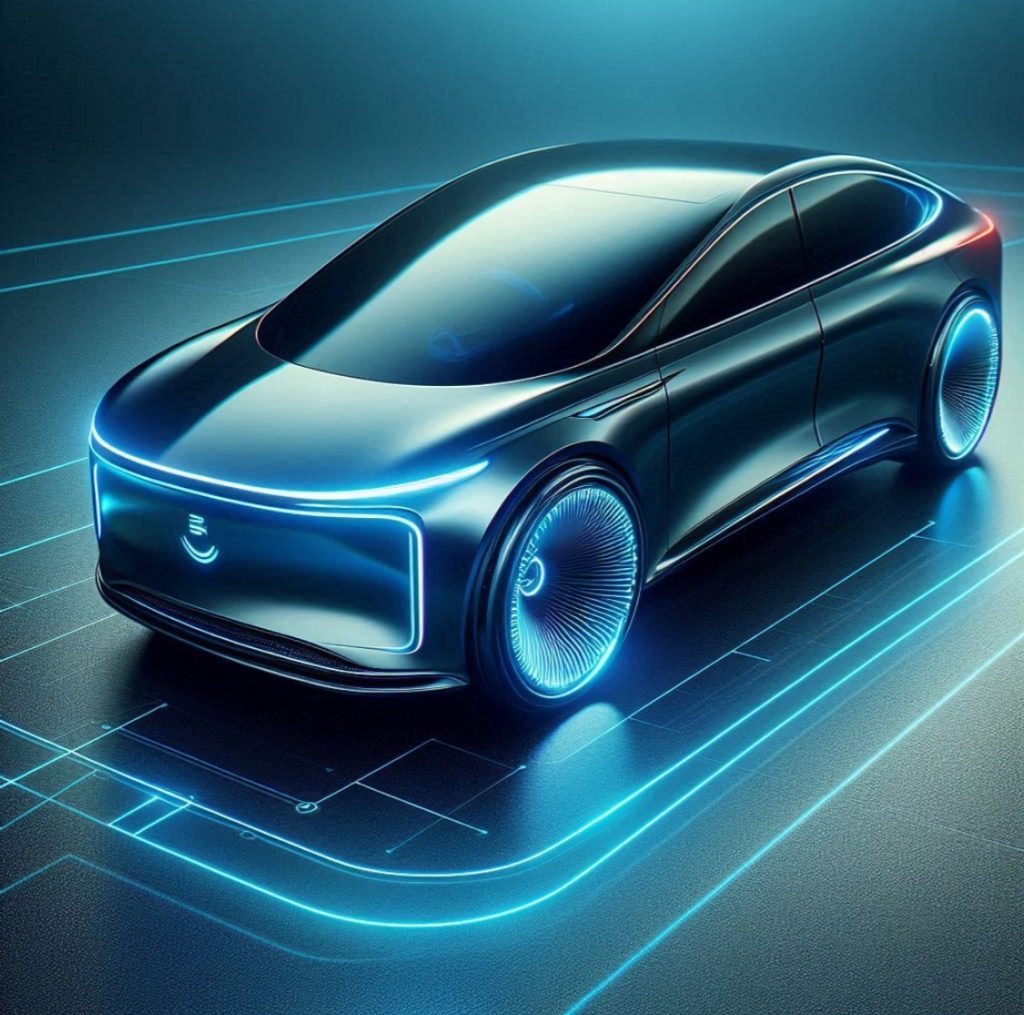
3. Sustainable Manufacturing
The car industry is moving towards more sustainable manufacturing processes. This includes the use of recycled materials, energy-efficient production techniques, and ethical sourcing of raw materials like lithium and cobalt for batteries. The focus will be on creating a circular economy where vehicles and their components are reused and recycled.
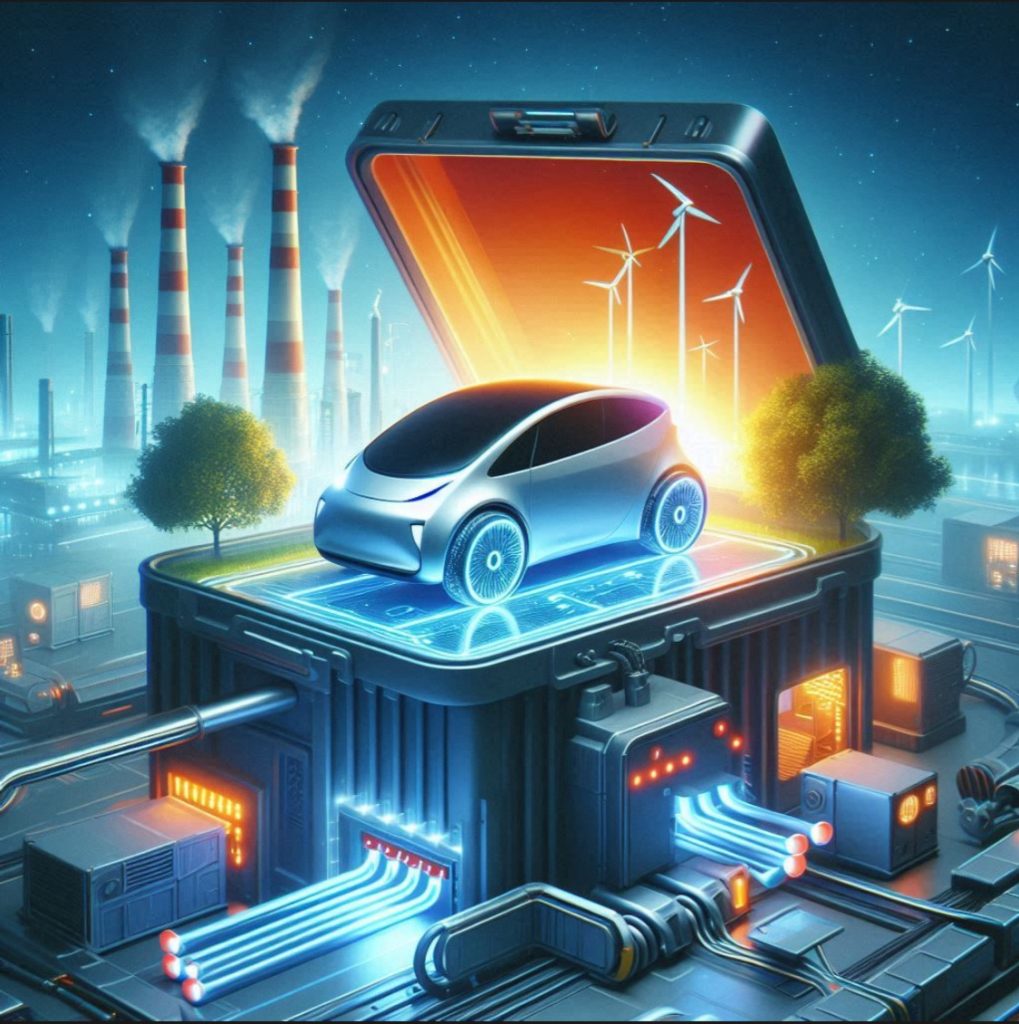
4. Integration with Smart Cities
Electric cars will play a crucial role in the development of smart cities. They can be integrated with smart grids to balance electricity demand and supply, participate in vehicle-to-grid (V2G) systems to provide energy storage solutions, and communicate with other connected devices for efficient traffic management and energy distribution.
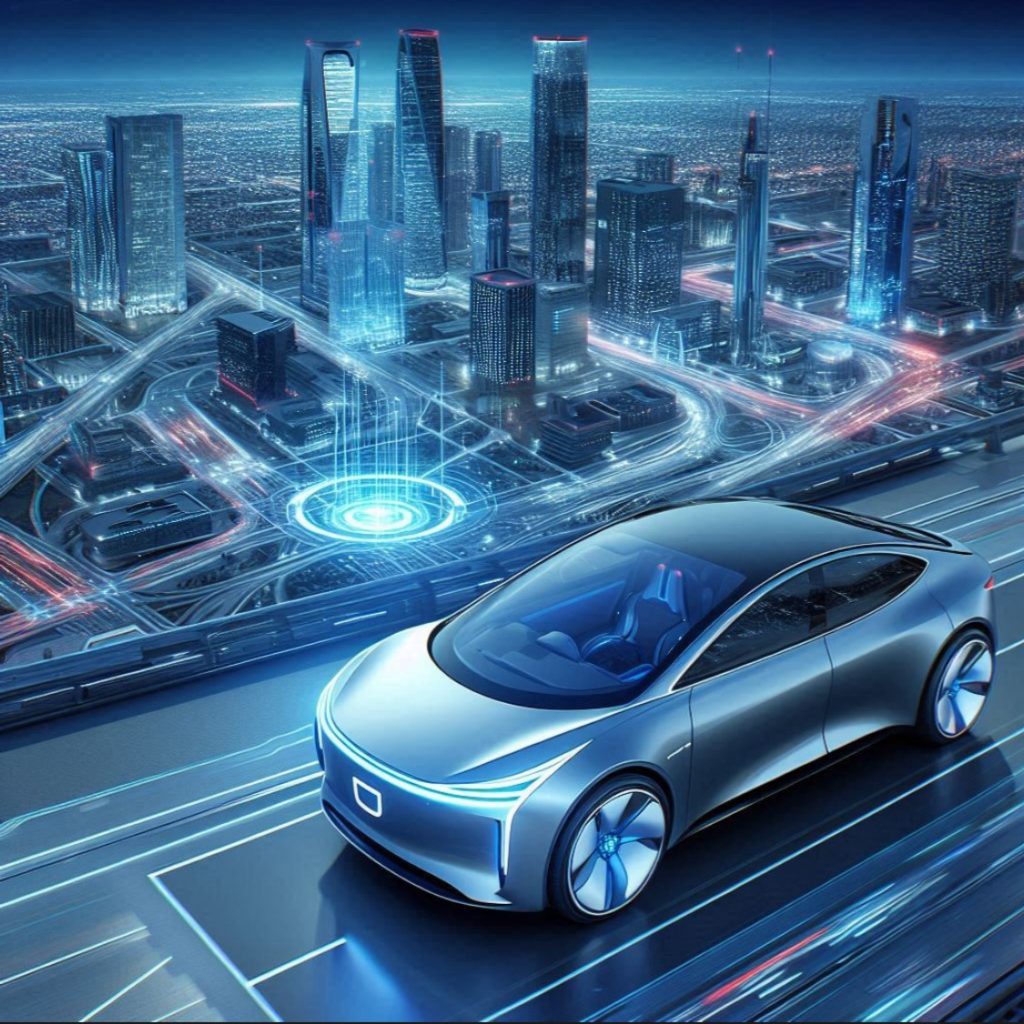
5. Global Market Dynamics
Countries around the world are setting ambitious targets to phase out internal combustion engine vehicles and promote electric mobility. This will lead to significant shifts in global market dynamics, with traditional car manufacturers investing heavily in EV technology and new players entering the market, fostering competition and innovation.
Conclusion
Electric cars are not just a trend; they are a transformative force reshaping our world. From reducing environmental impact to driving technological innovation and fostering economic savings, EVs are poised to become the new norm in transportation. The future of the car industry will be characterized by increased adoption of electric vehicles, advancements in autonomous driving, sustainable manufacturing practices, and integration with smart city infrastructure. As we embrace this electric revolution, we move towards a cleaner, smarter, and more sustainable future for all.

No responses yet